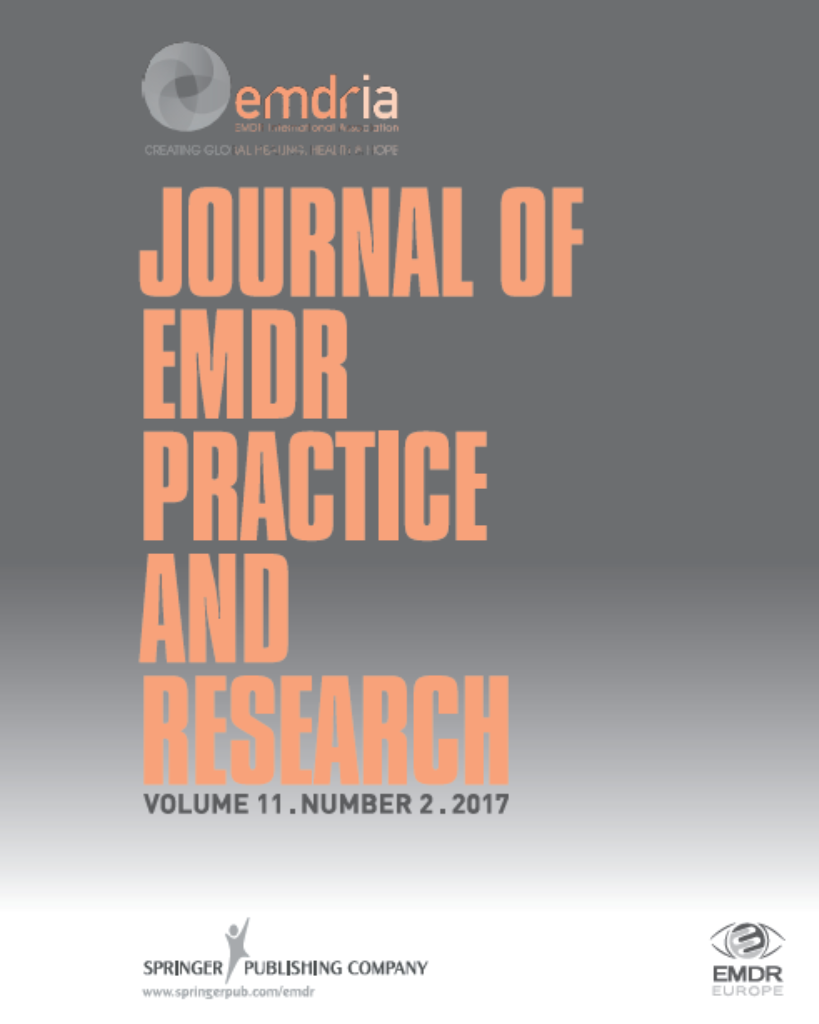Use of EMDR-Derived Self-Help Intervention in Children in the Period of COVID-19: A Randomized-Controlled Study
This study investigated the effects of using an EMDR-derived self-help intervention in children as a low-intensity treatment.
Article Abstract
“Self-help treatments are an important intervention tool, with high accessibility and ease of application. To our knowledge, no research has previously been conducted on any self-help intervention derived from eye movement desensitization and reprocessing (EMDR) therapy. In this study, we evaluated the mental health status of children not directly affected by the pandemic and investigated the effects of using an EMDR-derived self-help intervention in children as a low-intensity treatment. The mental health status of 178 children was evaluated online via the State-Trait Anxiety Inventory for Children (STAIC) and Childhood Posttraumatic Stress Reaction Index (CPTS-RI). Then, children were randomly assigned to intervention and waitlist. A booklet containing EMDR-derived techniques was sent via the school online portal and the intervention was conducted. Posttests were administered 4 weeks later. The attrition rate was 45.5%, with 97 children completing the trial (intervention: 52; waitlist: 45). At baseline, 76.4% of children showed posttraumatic stress symptoms (PTSS) above threshold. Results showed a statistically significant decrease in the posttest PTSS scores for the intervention group compared to waitlist. The intervention group had significant pre–post improvement on all but one subscale, while the waitlist group showed a significant increase in state anxiety on the STAIC. In conclusion, posttraumatic stress was found to be high in children during the COVID-19 outbreak period, and EMDR-derived self-help intervention appeared to be an effective psychosocial intervention tool.”
—Description from publisher
Article Access
Karadag, M., Topal, Z., Ezer, R. N., & Gökcen, C. (2021). Use of EMDR-Derived Self-Help Intervention in Children in the Period of COVID-19: A Randomized-Controlled Study. Journal of EMDR Practice and Research, 15(2), 114–126. https://doi.org/10.1891/EMDR-D-20-00054
About the Journal
The Journal of EMDR Practice and Research is a peer-reviewed publication devoted to integrative, state-of-the-art papers about Eye Movement Desensitization and Reprocessing. It is a broadly conceived interdisciplinary journal that stimulates and communicates research and theory about EMDR, and their application to clinical practice. The Journal of EMDR Practice and Research is the Official Publication of the EMDR International Association.
Date
June 1, 2021
Creator(s)
Mehmet Karadag, Zehra Topal, Ravza Nur Ezer
Contributor(s)
Cem Gokcen
Client Population
Children
Practice & Methods
Group, Self-Care
Extent
13 pages
Publisher
Springer Publishing Company
Rights
Copyright © 2021 EMDR International Association
APA Citation
Karadag, M., Topal, Z., Ezer, R. N., & Gokcen, C. (2021). Use of EMDR-Derived Self-Help Intervention in Children in the Period of COVID-19: A Randomized-Controlled Study. Journal of EMDR Practice and Research, 15(2), 114–126. https://doi.org/10.1891/EMDR-D-20-00054
Series
15
Installment
2
Audience
EMDR Therapists
Language
English
Content Type
RCT
Original Source
Journal of EMDR Practice and Research
Access Type
Open Access





